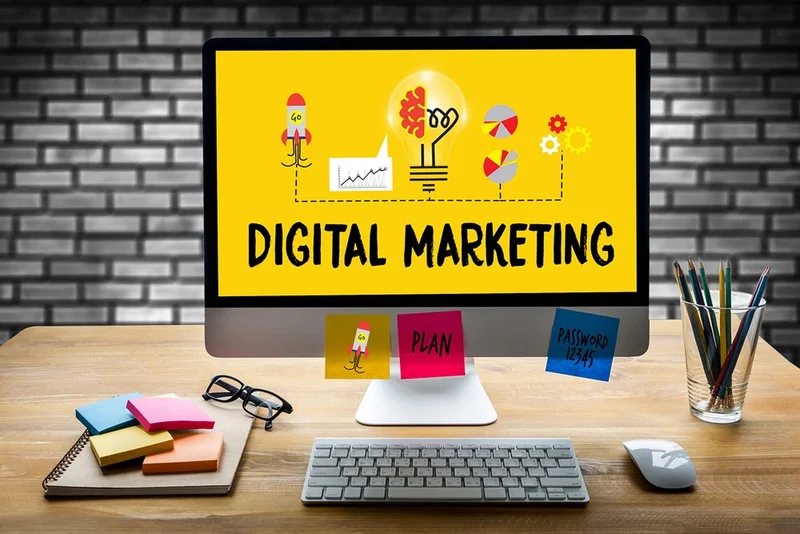When it comes to planning and creating a custom digital marketing strategy, there are many factors and elements that need to be taken into consideration. Something that often gets forgotten about is conversion rate optimisation.
Conversion rate optimisation is very important as it is an easy and effective way to turn interested parties into paying customers, often by simply making a few tweaks here and there.
If your current conversion rate is not something, you’re proud of, not to worry. Did you know that the average website conversion rate is around 2%? This means that for every 100 users that visit your website, you can expect 2 of them to be paying customers. So while 2% may seem quite low, it is actually the average and conversion rate that you should be happy with. Keep in mind that there are many well-known sites that only have conversion rates of around 0.2%.
So how do you improve the conversion rates on your website?
Here at Esteem Media, we consider ourselves as conversion rate optimisation experts in Sydney, and in this article, we’ll share a few tips for getting your conversion rates up!
Table of Contents
Strengthen Your CTAs
CTA stands for ‘Call to Action’, which will be things like ‘call us today’, ‘fill in this form’ or ‘buy now’. CTAs often link to product pages or ‘Contact Us’ pages. Strengthening the copy that is used on your CTAs can better prompt users to partake in the actions that you wish for them to take.
Countdown Timers for Certain Sales
Nothing like adding a little urgency to prompt users to buy and up your conversion rates. Offering specials with countdown timers is a great way to up the urgency and put a little bit of purchasing pressure.
Add a Live Chat Feature
Very often, a potential customer may have a question about a particular product or service but may not want to make the effort of calling your business. A live chat feature is very advantageous as users’ questions can be answered instantaneously, giving them more information and more reason to make a purchase.
Remove Distractions
What is the main purpose of your website? What is it that you’re trying to sell? Now focus on that and remove unnecessary distractions, including copy and imagery, from your website.
Make Navigating Your Site Easy
Put yourself in the customer’s shoes. Is it easy to find what they may be looking for on your site? Or could your navigation use some help? Ensuring that there is a simple and straightforward path to making a purchase can help greatly improve your conversion rates.
Use A/B Testing for Your Headlines
Sometimes it is hard to know which headlines are the most effective for the products or services that you are trying to sell, and this is where A/B testing can be incredibly useful. It can take a while to get the hang of this method, but it offers immense value to conversion rate optimisation.
Add Reviews
Knowing that someone else enjoyed a product makes it far more likely for a user to be interested in buying the product for themselves. Adding reviews and testimonials to your site also gives your website authority and shows that you have experience in the industry.
Improve Your SEO
Improving and focusing on your SEO has benefits for many different aspects of your website and helps you achieve your digital marketing goals. By investing in SEO services in Sydney, you’ll indirectly help your conversion rates improve. For instance, making use of the right keywords will ensure that users with high customer potential will click on organic search results and make their way to your site.
While some of these methods may seem simple enough, they can often be tedious and time consuming for business owners to execute themselves. If you are a business owner that wants to focus on the business side of things and have an expert handle your digital marketing, you may want to consider making use of professional conversion rate optimisation services in Sydney.
Are you looking for conversion rate optimisation services in Sydney? Here at Esteem Media, we have conversion rate optimisation experts that can’t wait to transform your website’s conversion rates! Get in touch with us today at [email protected] to find out more!
Read also: What is a Guest Post in Digital Marketing?

